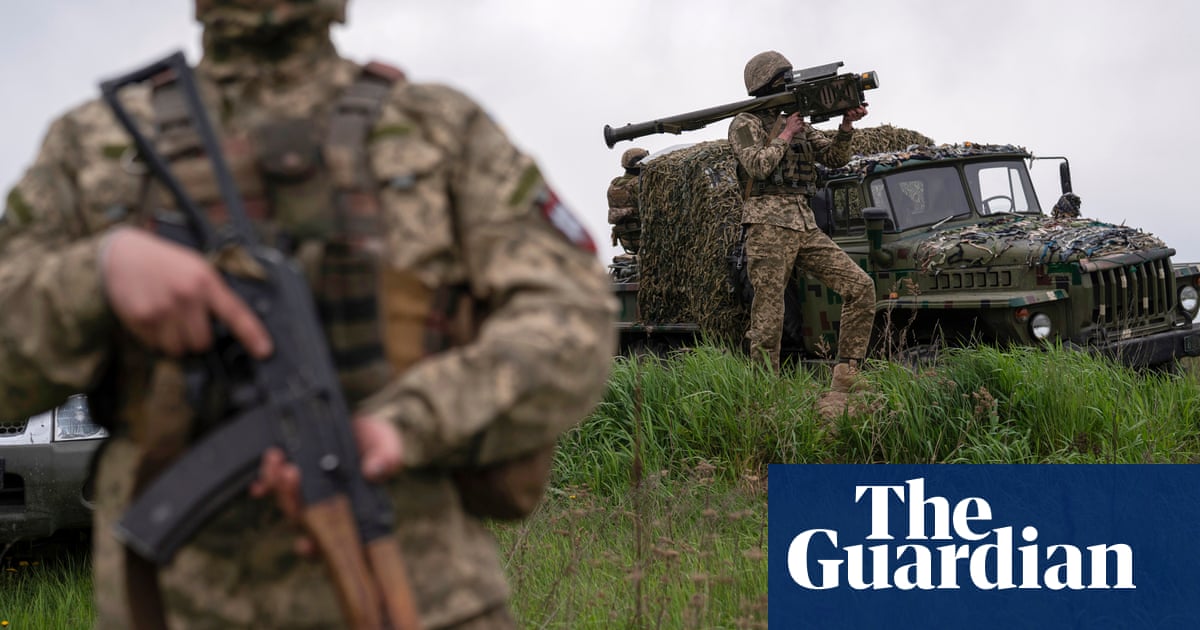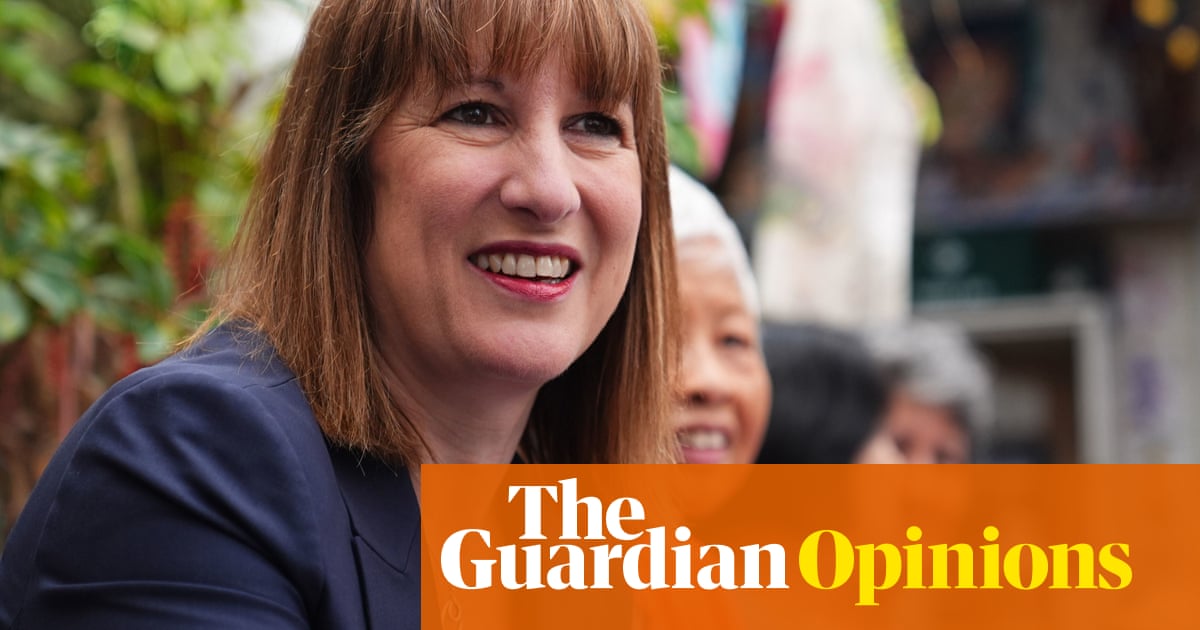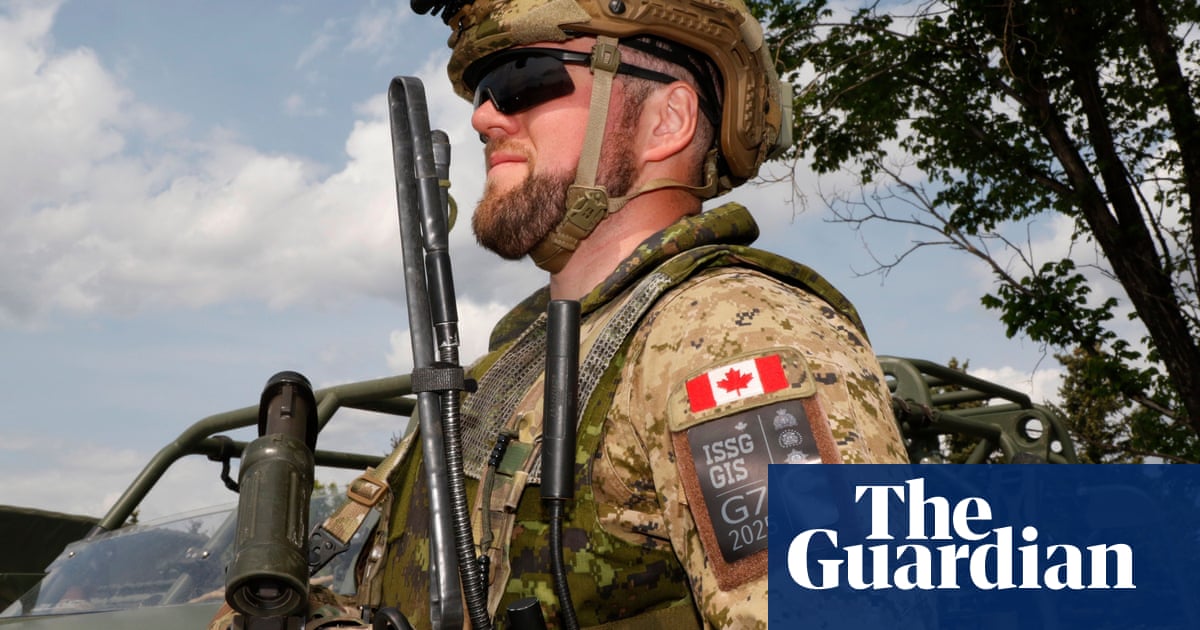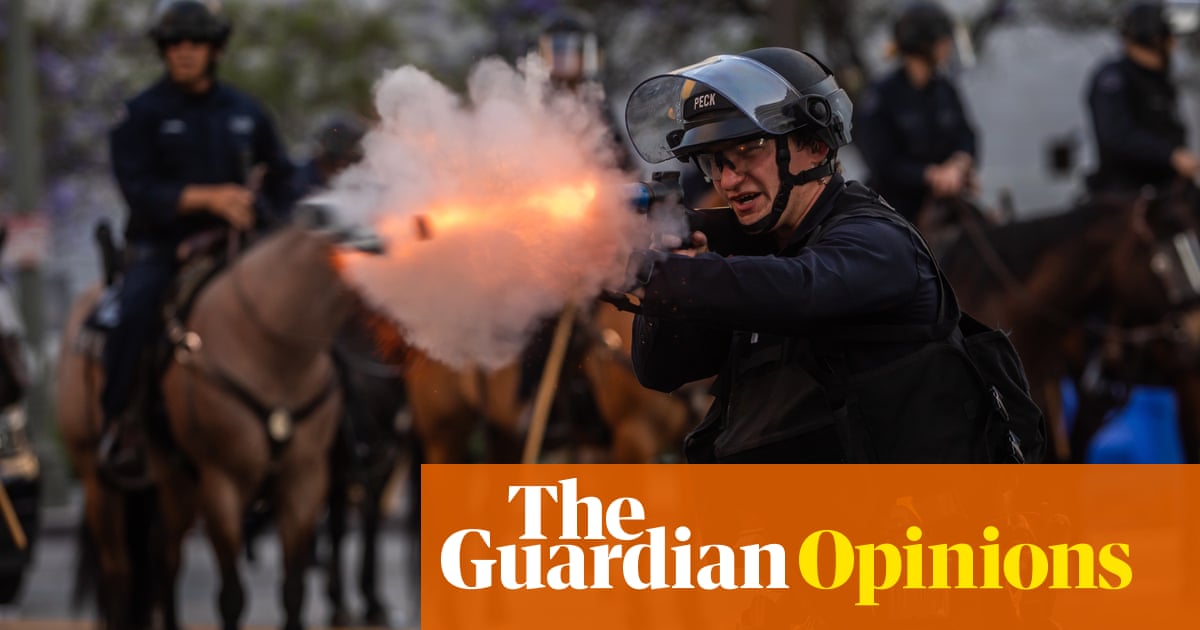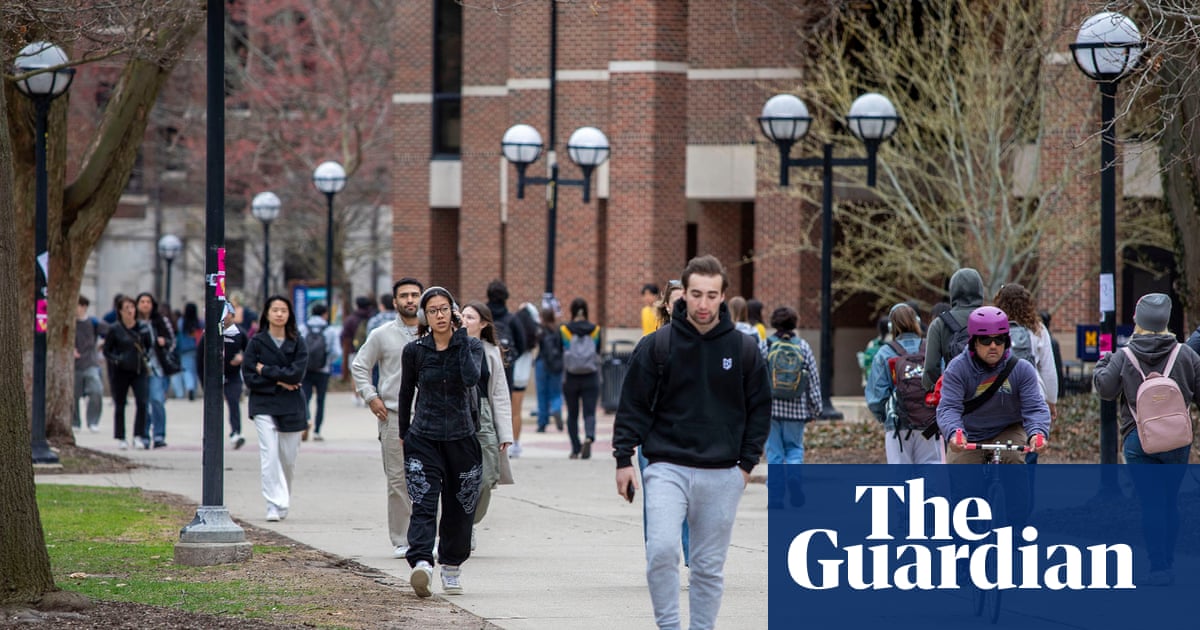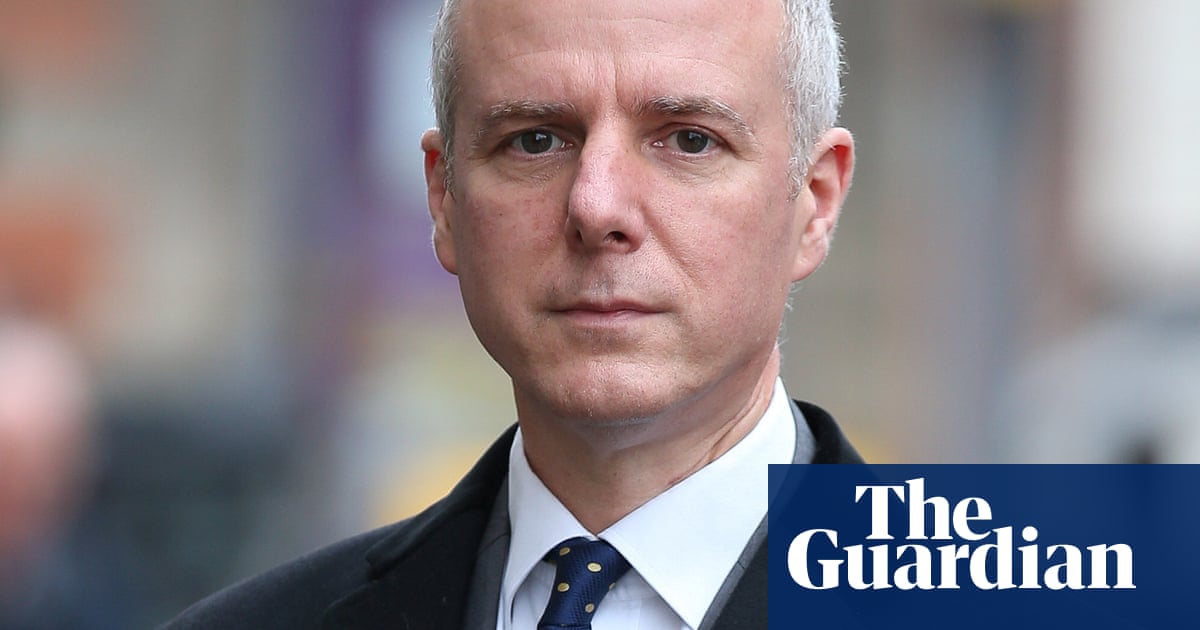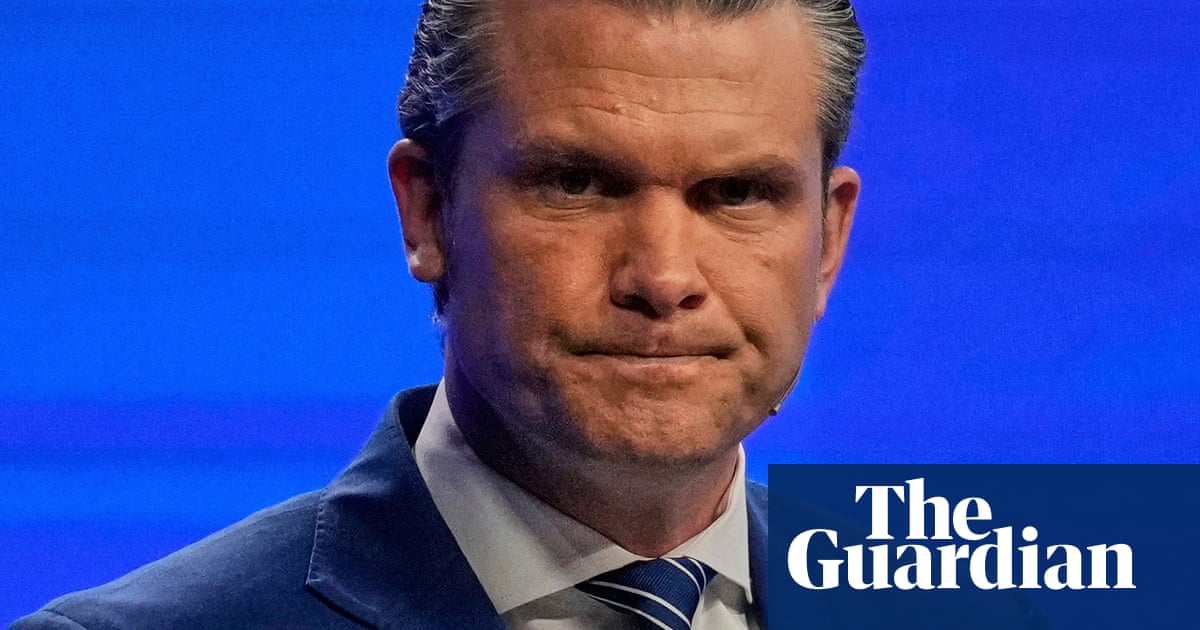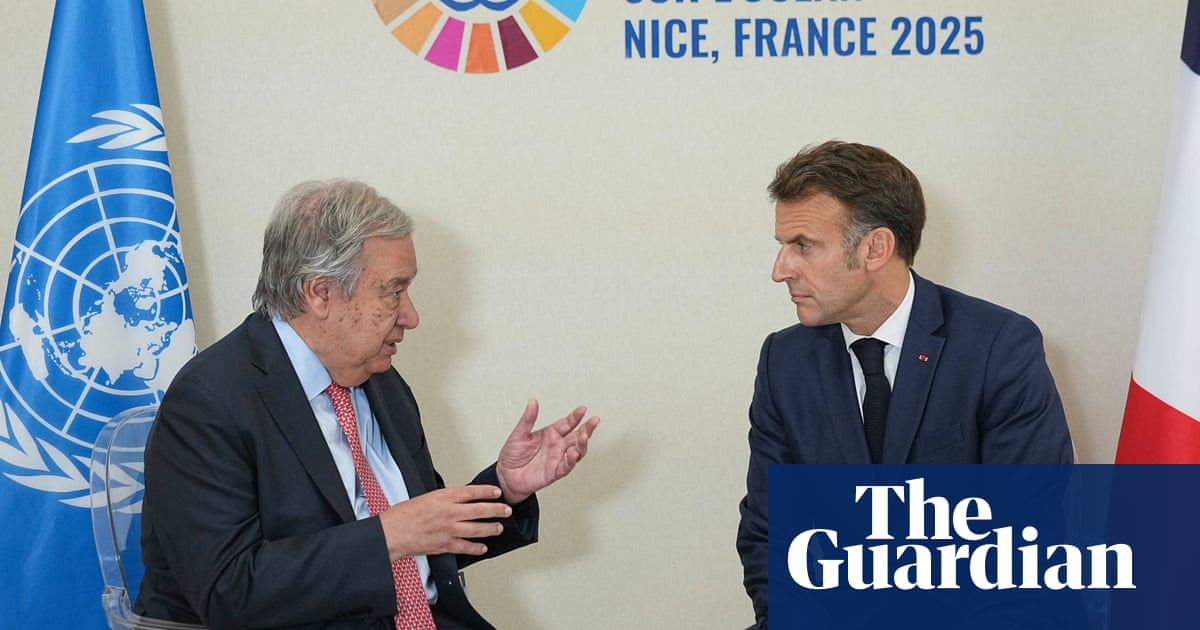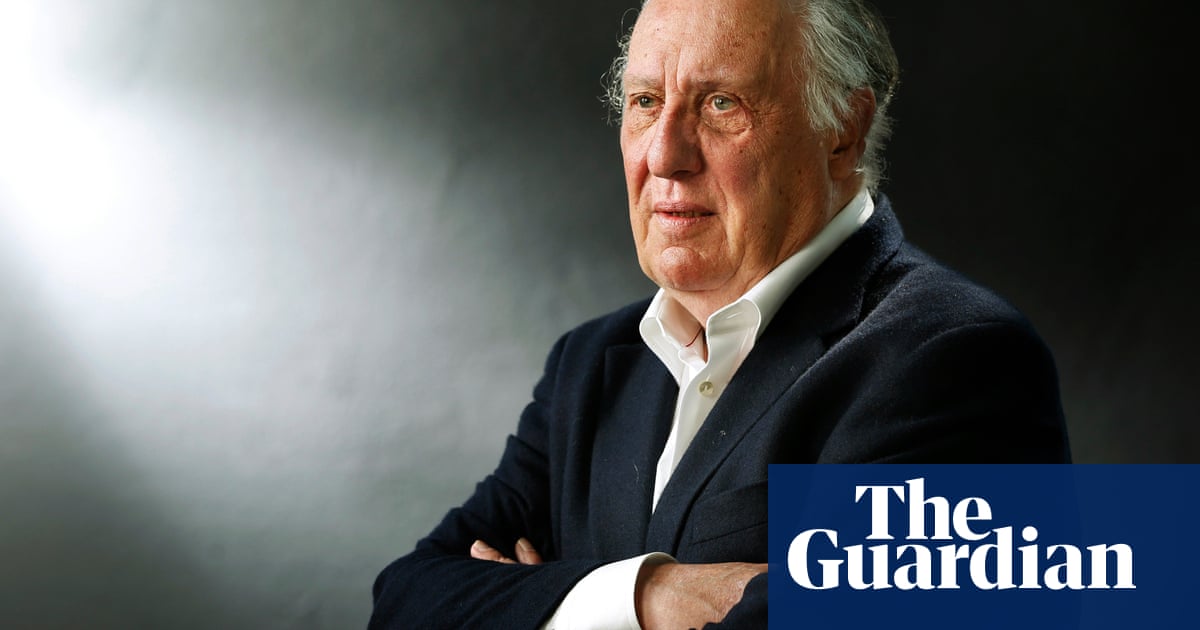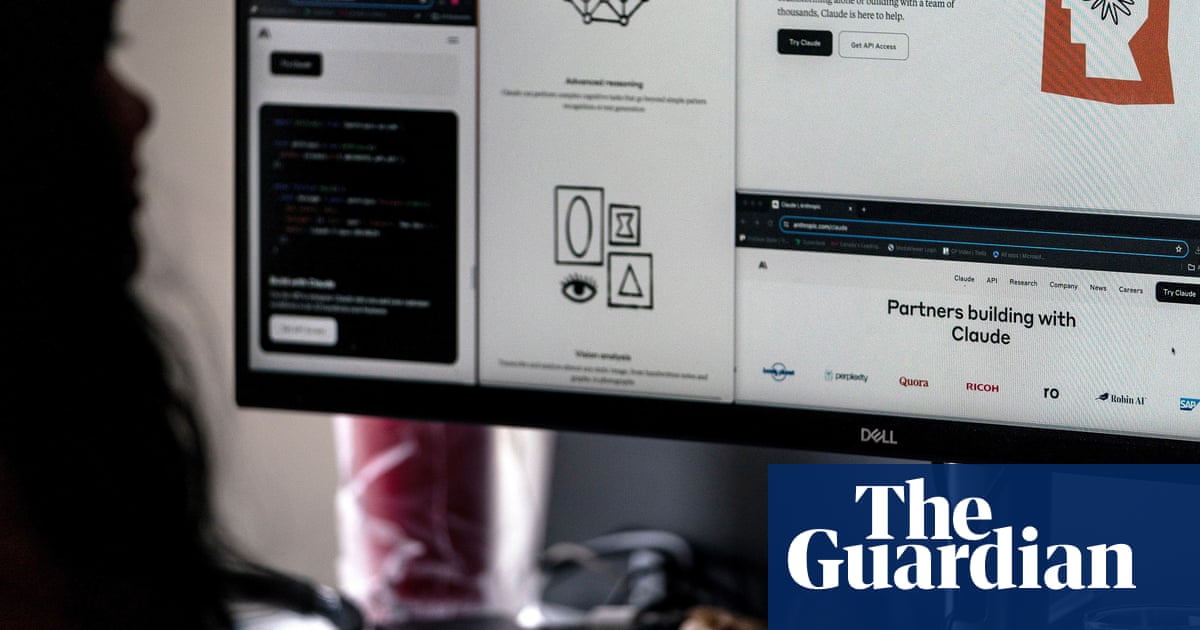There are moments in history when everything turns, but the extent of change is not perceived until later when the fog has cleared. These are hinge points that require clear leadership and bold action. In the late 1940s, my Labour predecessor and hero Ernie Bevin, alongside Clement Attlee, saw through the fog when they led Britain into Nato and the UN, and secured the development of Britain’s nuclear deterrent. In the 1960s, Harold Wilson saw through the paranoia of the cold war, refusing Lyndon Johnson’s request to send British troops to Vietnam. In the 1990s, Tony Blair understood that unless we stopped the president of Serbia, Slobodan Milošević, there would be no peace in the Balkans.
Three years into Vladimir Putin’s brutal war, this is again a hinge point for Britain. Keir Starmer’s commitment to dramatically raise defence spending in both this and the next parliament shows his leadership through the fog. Putin’s Russia is a threat not only to Ukraine and its neighbours, but to all of Europe, including the UK. Over successive administrations, our closest ally, the US, has turned increasingly towards the Indo-Pacific, and it is understandably calling for Nato’s European members to shoulder more of the burden for our continent’s security. Around the world, the threats are multiplying: from traditional warfare to hybrid threats and cyber-attacks.
The first duty and foundation of this government’s plan for change is our national security. Seven months ago, the public gave us this responsibility, and we hold it with a profound sense of duty. Under the Conservatives, the foundations of our defence were weakened. The UK has not reached a defence spending level of 2.5% of GDP since Labour was last in government. And it falls to a Labour government to restore those foundations once again. We will deliver the biggest sustained increase in defence spending since the cold war because we are the party of defence. So we will hit our 2.5% promise in 2027 and, subject to economic conditions, go further, with defence spending rising to 3% during the next parliament. This is a pledge to safeguard our future – and act as a pillar of security on our continent – in a world plagued by more active conflicts than at any time since the second world war.
To make this commitment, and stick within our fiscal rules, we have had to make the extremely difficult decision to lower our spending on international development. As the prime minister said, we do not pretend any of this is easy. This is a hard choice that no government – let alone a Labour government – makes lightly. I am proud of our record on international development. It helps address global challenges from health to migration, contributes to prosperity, and supports the world’s most vulnerable people. It grows both our soft power and our geopolitical clout, while improving lives. For all of those reasons, this government remains committed to reverting spending on overseas aid to 0.7% of gross national income when the fiscal conditions allow.
But we are a government of pragmatists not ideologues – and we have had to balance the compassion of our internationalism with the necessity of our national security.
As we reduce the overseas aid budget, we will protect the most vital programmes in the world’s worst conflict zones of Ukraine, Gaza and Sudan. But there can be no hiding from the fact that many programmes doing vital work will have to be put on hold. The work of making further tough choices about programmes will proceed at pace over the weeks and months ahead, but our core priorities will remain the same. My vision for a reformed Foreign, Commonwealth and Development Office fit for this more contested and dangerous world, in which diplomacy is more important than ever, remains paramount. We are working closely with the Treasury to ensure our diplomatic, intelligence and development footprint will align with our priorities. In a tough fiscal environment, all our spending must be laser-focused on delivering the maximum possible impacts for our national security and growth, equipping the FCDO to deliver the government’s plan for change internationally.
At the height of the cold war, defence spending fluctuated between about 4% and 7% of GDP. At this moment of fiscal and geopolitical flux, not meeting the moment on defence would mean leaving Britain ill-prepared for a more dangerous world, potentially requiring even tougher choices down the line.
I have written previously about this government’s foreign policy being founded on progressive realism. Being clear about our values, but treating the world as it is, not as we would wish it to be. These are the principles that guide our choices through these dangerous times. We will always do what is necessary to keep the public safe.
-
David Lammy is British foreign secretary
Do you have an opinion on the issues raised in this article? If you would like to submit a response of up to 300 words by email to be considered for publication in our letters section, please click here.

 3 months ago
65
3 months ago
65

